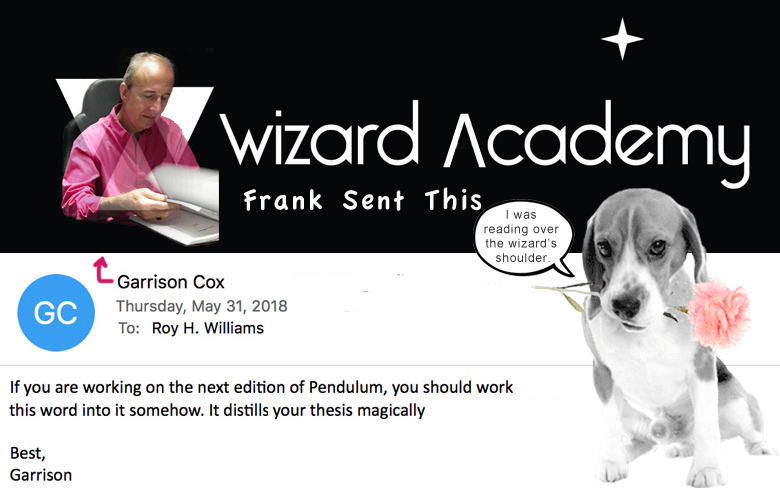 enantiodromia
enantiodromia
PRONUNCIATION: (i-nan-tee-uh-DROH-mee-uh)
MEANING:
noun: The tendency of things, beliefs, etc., to change into their opposites.
ETYMOLOGY:
From Greek enantio- (opposite) + dromos (running). Earliest documented use: 1917.
The concept of enantiodromia is attributed to the Greek philosopher Heraclitus (c. 535-475 BCE). Later it was discussed by the psychiatrist Carl Jung (1875-1961) as “the principle which governs all cycles of natural life”.
USAGE:
“The union that Philip Murray had founded in 1936 as a way of combatting the wretched excess of management had come full circle in the cycle of enantiodromia, and had fallen victim to its own wretched excess.”
– Tom O’Boyle; Excess, the Golden Rule; Pittsburgh Post-Gazette; Sep 4, 1994.
Forwarded to us by Garrison Cox, from
A.Word.A.Day with Anu Garg at wordsmith.org